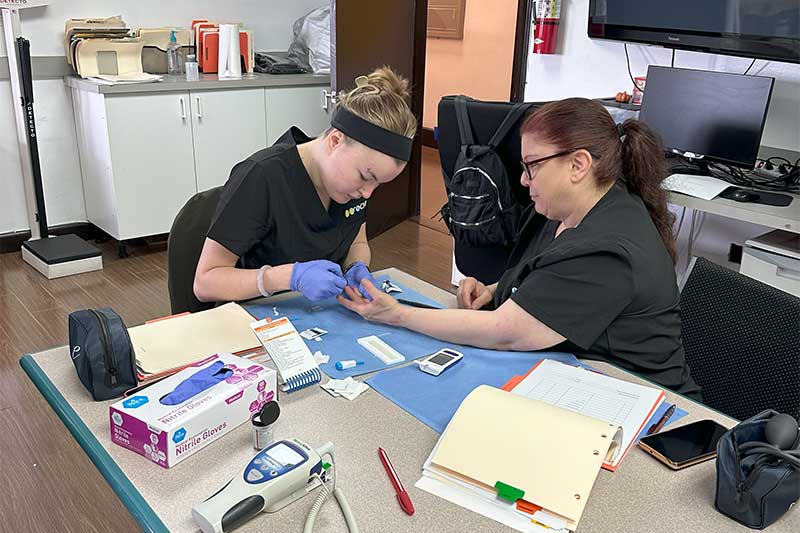People often get confused between the roles of a medical biller and medical coder. While both of these professions are essential to the healthcare industry, they differ from each other in terms of responsibilities, skills required, and job duties. This blog post aims to provide a detailed understanding of the difference between a medical biller and medical coder.
Understanding the Difference Between a Medical Biller and Medical Coder
Understand the differences between medical billing and coding to get an insight into how healthcare providers manage their finances. Find out more in this comprehensive guide from SOCHI.
Medical Coders:
Medical coders are primarily responsible for translating medical service information into codes for insurance claims and record-keeping purposes. They have a detailed understanding of medical terminology and the human anatomy.
The job of a medical coder is to review patient medical records, and accurately assign codes for various medical procedures, diagnoses, and medical supplies used during the treatment process. Medical coders require knowledge of various coding systems, including CPT, ICD-10, and HCPCS.
Medical Billers:
Medical billers are responsible for maintaining accurate patient billing records, ensuring that medical claims are billed correctly, and collecting payments from insurance providers or patients. They usually work in tandem with medical coders to provide accurate billing information for patient care.
Medical billers have the expertise to understand medical billing software and are capable of submitting medical claims through electronic systems. Additionally, medical billers serve as a liaison between the insurance company, patient, and healthcare provider and must have excellent communication skills.
Key Differences:
The primary difference between a medical biller and medical coder is the type of work they perform. Medical coders focus on translating the medical information into codes, while medical billers work to collect payments from insurance providers or patients. However, they must understand each other’s roles and work collaboratively to ensure accurate billing and coding information.
Another key difference is the level of education and certification required for these roles. Medical coders require a higher level of certification, as they translate the medical records into codes used for billing and insurance claims. Medical billers, on the other hand, typically require a high school diploma or GED and may get on-the-job training from their employer.
What Do Medical Billers and Medical Coders Do?
Medical billers and medical coders are an essential part of healthcare administration. Medical coders analyze and translate medical records into numerical codes, while medical billers use these codes to create invoices for medical services. This process ensures that healthcare providers are accurately reimbursed for their services and that insurance companies are charged fairly.
Medical billers and coders must stay current with regulations and coding standards to ensure accuracy and compliance. They also work closely with healthcare providers to clarify diagnoses and treatments as needed. Overall, medical billing and coding are important aspects of the healthcare industry, ensuring that patients receive the care they need and healthcare providers are properly compensated for their services.
Training and Skill Requirements
Medical billing and coding training are often combined into a single program, with many career schools offering comprehensive programs using the most up-to-date coding and insurance information. Southern California Health Institute (SOCHi) offers a combined billing and coding program that covers all the major areas of medical billing and coding procedures that may be used in an inpatient setting (a hospital or nursing home), as well as outpatient clinics and other medical facilities.
Conclusion:
In conclusion, the role of a medical biller and medical coder in the healthcare industry is equally important and requires a significant level of expertise and attention to detail. Medical coders translate medical records into codes, while medical billers collect payments from insurance providers or patients.
Understanding the difference between these two roles is essential for anyone considering a career in the healthcare industry. Ultimately, the success of any healthcare provider or practice in providing quality patient care heavily depends on the competence of their medical billers and coders.




